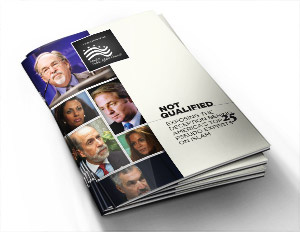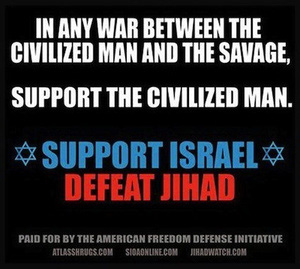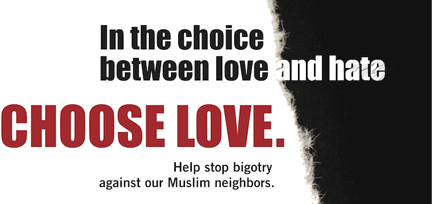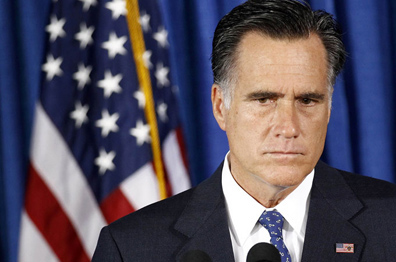
[Click here to download the recent publication of the Muslim Public Affairs Council exposing the lack of credentials of the [mis]leading Islam[ophobic] experts.]
For the benefit of national security and the American public at large, we must ensure that those people speaking about terrorism perpetrated in the name of Islam are qualified. At a minimum, individuals who speak about Islam and its co-opting by violent extremists need to be properly informed and qualified.
To date, groundbreaking research into the anti-Muslim hate industry has been conducted by the Center for American Progress and the Southern Poverty Law Center. Their research focuses primarily on anti-Muslim hate activists’ sources of funding and their possible connections to other forms of hate. No study that we know of has focused on the qualifications of the so-called experts on Islam and Muslim violent extremists.
This study seeks to fill in this research gap by focusing the academic qualifications of 25 individuals who comprise some of the most vocal voices and activists in the anti-Muslim circuit. We specifically focus on highly visible personalities who engage in anti-Islam rhetoric and who frequently and inaccurately speak not only about extremist Muslims, or even Muslims at large, but who also claim to be knowledgeable about the fundamental beliefs and tenets of the Islamic faith.
The study asks the question: Do these individuals have the formal academic credentials to back their explicit and implicit claims of expertise on Islam?







